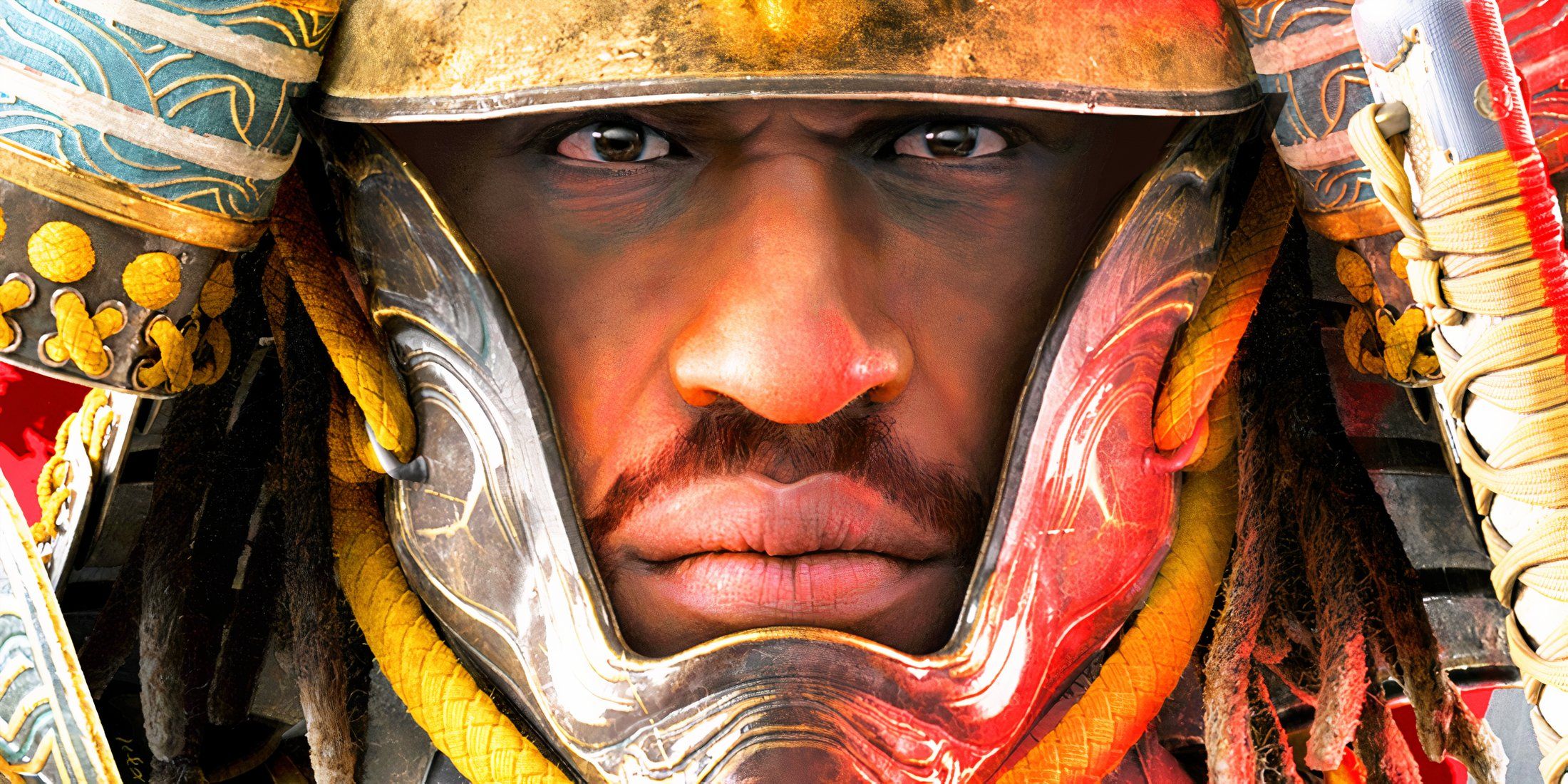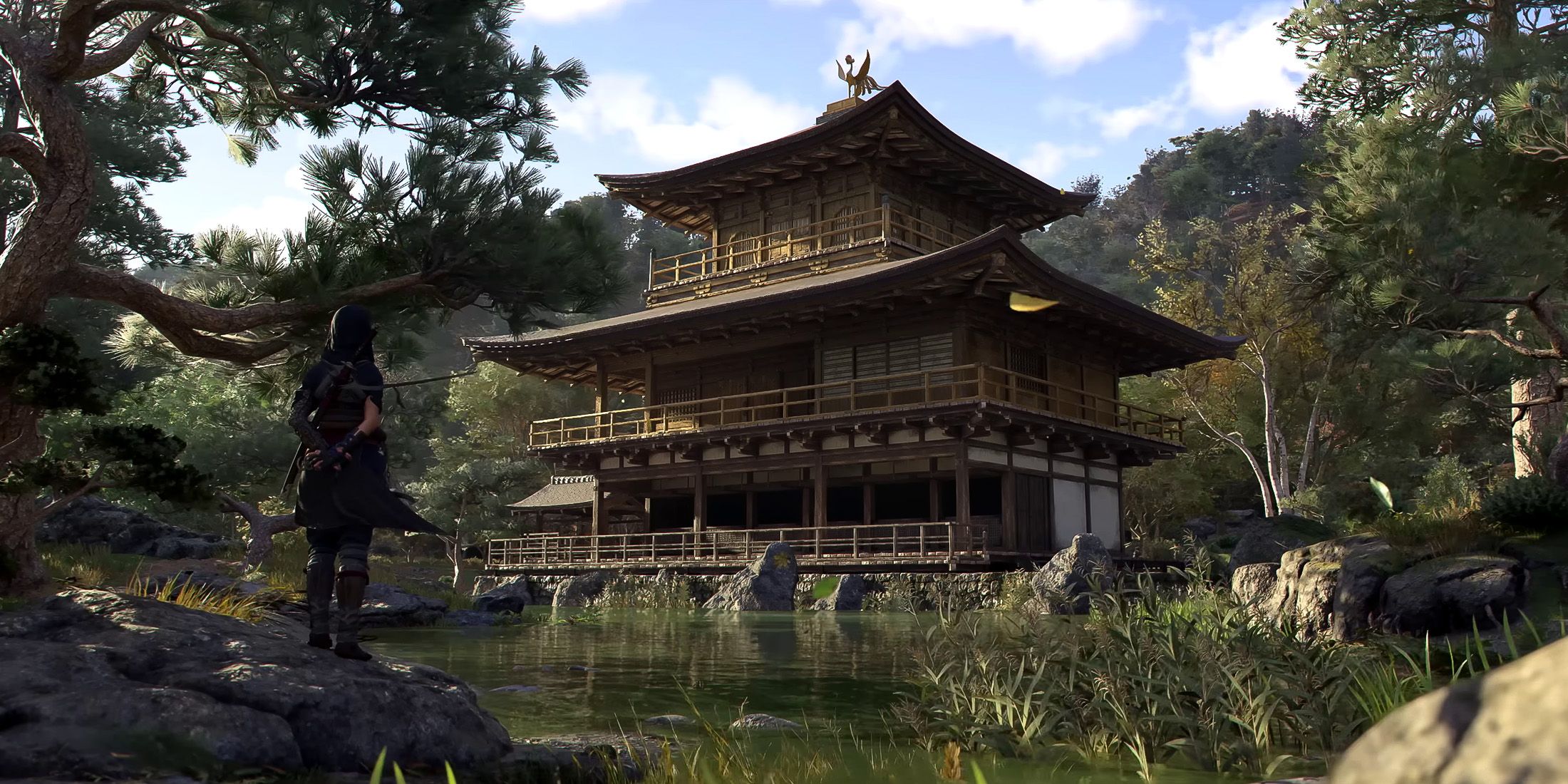Assassin’s Creed Shadows: Controversies and Parliamentary Discussions in Japan
Assassin’s Creed Shadows, Ubisoft’s latest iconic franchise installment has become the center of significant controversy. While the game introduces fresh perspectives through its dual protagonists, it has also ignited debates over historical accuracy, cultural representation, and respect for sacred traditions.

Parliamentary Discussions and Governmental Response
Recent debates in Japan’s National Diet (Parliament) have brought Assassin’s Creed Shadows under official scrutiny. Concerns were raised over a gameplay sequence in which Yasuke, one of the main characters, is depicted desecrating a Shinto shrine. This sparked outrage among lawmakers, who fear that such depictions could encourage real-world disrespect toward Japan’s cultural heritage.
Japan’s Prime Minister also weighed in on the controversy, stating that the game’s depiction of sacred sites is an insult to the country’s traditions. Officials are now considering potential legal measures to prevent the unauthorized use of culturally significant locations in media.
Historical and Cultural Accuracy Concerns
One of the most debated aspects of Assassin’s Creed Shadows is its portrayal of Yasuke. While he was a real historical figure, there is limited historical evidence supporting his status as a full-fledged samurai. Some scholars argue that his role was closer to that of a servant or bodyguard rather than an elite warrior. This creative liberty taken by Ubisoft has led to discussions about whether the game sacrifices historical accuracy for entertainment.

Public and Academic Critique
The game’s depiction of Japan’s feudal era has also drawn criticism from academics and cultural experts. Some feel that while Assassin’s Creed Shadows successfully captures the aesthetic of the period, it oversimplifies the complexities of Japanese history. Others argue that the inclusion of a foreign protagonist in such a prominent role may overshadow the contributions of actual historical Japanese figures.

Ubisoft’s Response and Future Implications
Ubisoft has responded to the backlash by emphasizing that Assassin’s Creed Shadows is a work of historical fiction and that extensive research was conducted to ensure authenticity. However, the controversy highlights the ongoing challenge of balancing creative storytelling with cultural sensitivity.
The debate surrounding Assassin’s Creed Shadows serves as a reminder of the growing importance of cultural representation in gaming. As the industry expands globally, developers must carefully navigate historical narratives to ensure that entertainment does not come at the expense of accuracy and respect.